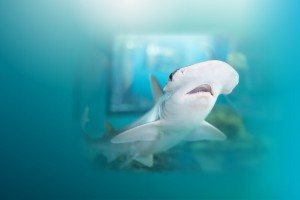
Aquarium Sciences: Fish & Invertebrates
Internship: Mote's Aquarium Sciences and Animal Care team, Fish & Invertebrate Department
1600 Ken Thompson Parkway
Sarasota, FL 34236
Ph: (941) 388-4441
Hours: 10AM - 5PM
A 501(c)3 nonprofit organization.